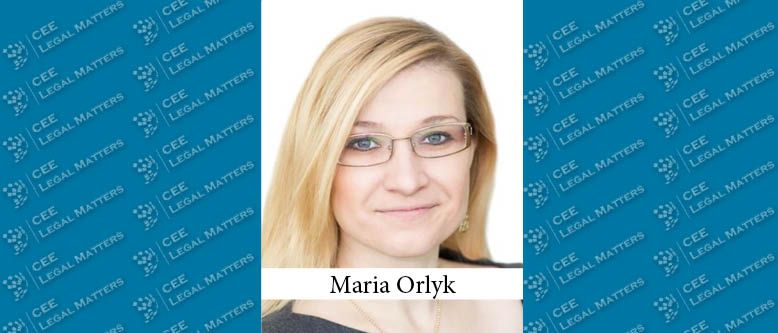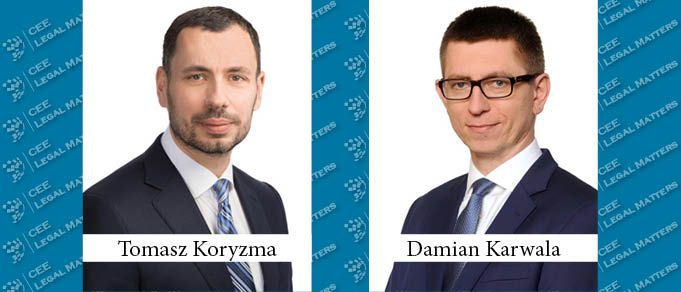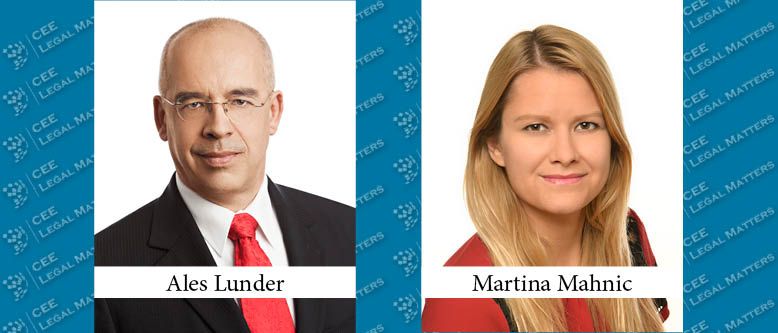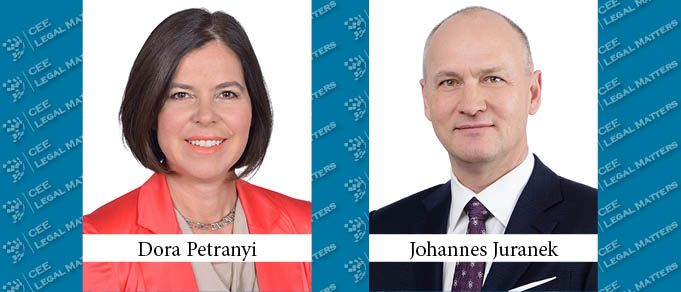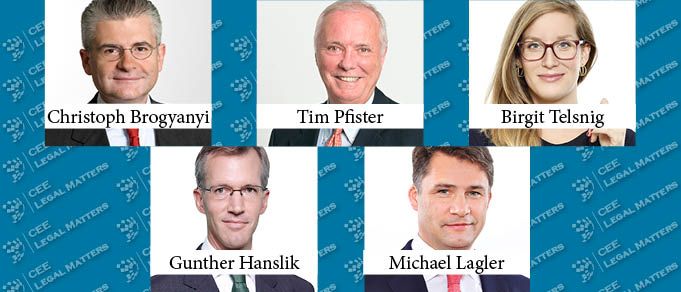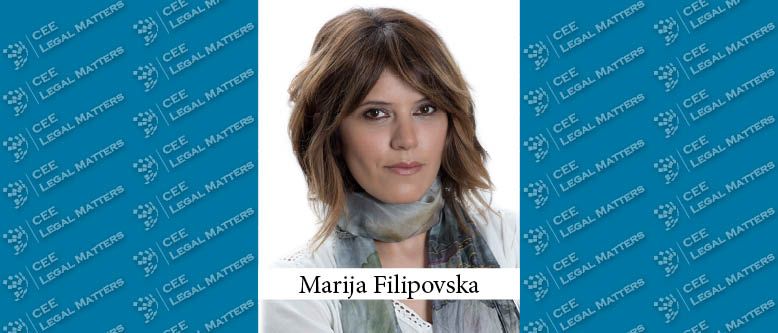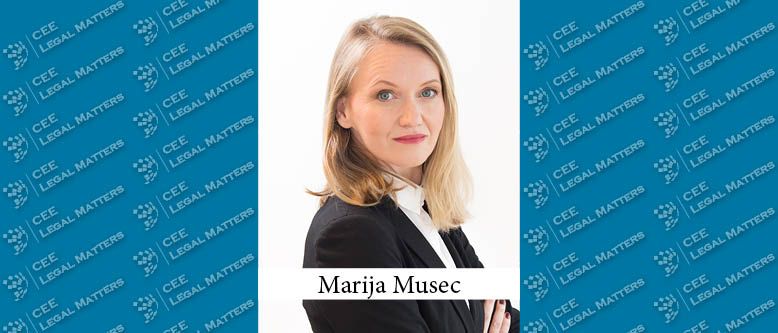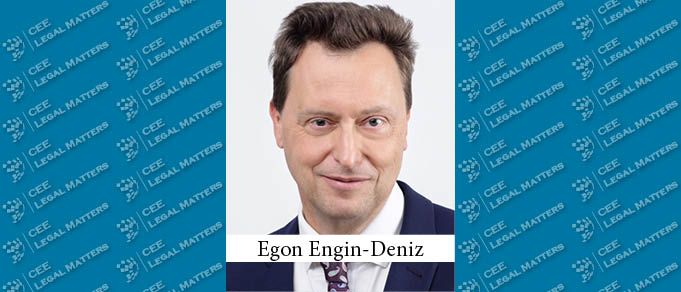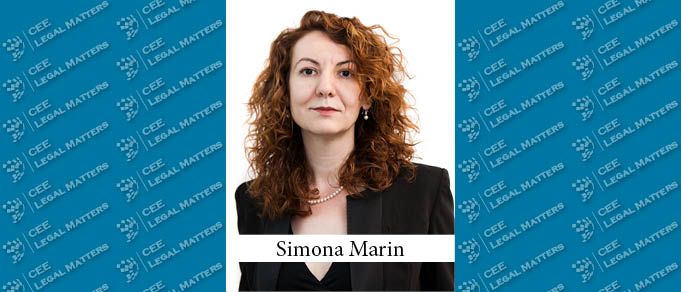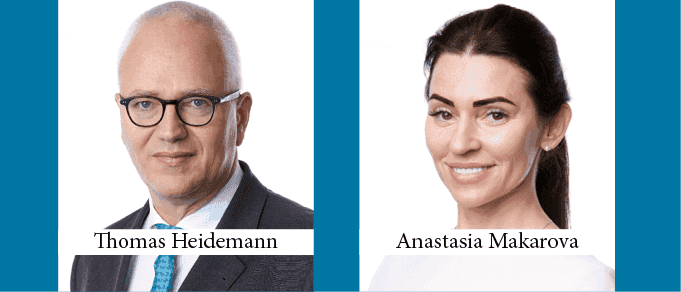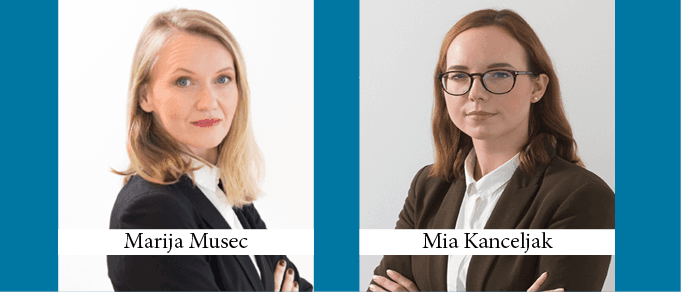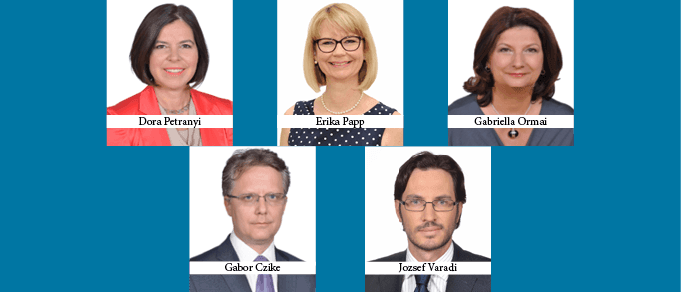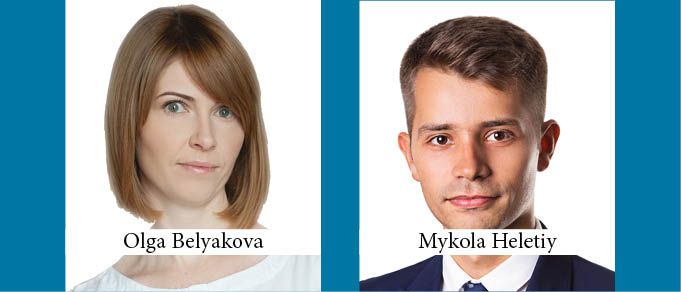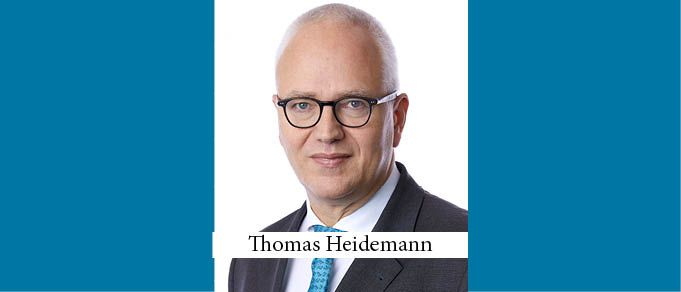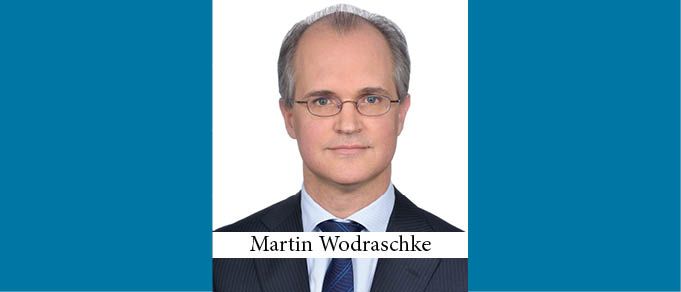Halfway through 2019 Ukraine has already seen major changes in its energy sector’s legal framework, including the effect of the recent decision of the Constitutional Court of Ukraine involving the legal status and decision-making authority of the Ukrainian energy market regulator (the “Regulator”). The shockwaves are likely to go far beyond 2019.
Poland Prepares Itself for 5G Technology
5G technology is the next stage in the development of wireless telecommunications networks. Thanks to much quicker data transmission speeds and fewer delays, this technology will make it possible to offer new quality services both for public uses such as smart energy grids, transport systems, and smart cities, and for private uses such as autonomous and automated vehicles and smart homes. Also, given the greater number of devices operated by one network unit, 5G will provide for better configuration options, making it possible to offer different services to a large number of users within one infrastructure. This distinguishes 5G technology from the technologies available today, where the activity of one user has an impact on other users and reduces data transmission speed.
The Corner Office: The Most Difficult Lay-Off
In “The Corner Office” we ask Managing Partners across Central and Eastern Europe about their unique roles and responsibilities. The question this time around: What was the most difficult or unpleasant experience you had terminating someone’s employment?”
The Dawn of Artificial Intelligence Regulation
No innovations have ever had the magnitude of impact on everyday life as those pertaining to information technology and communication. As a result of their sophistication, endless amounts of data are readily available to us today, at any moment. Artificial Intelligence, making full use of this abundant resource, is a new technological tool sweeping through our world, promising to once again revolutionize our everyday lives. For that reason, it is of utmost importance that appropriate rules are adopted early on to foster innovation and trust in Artificial Intelligence, while ensuring respect for human rights and democratic values.
The GDPR in CEE: One Year On
It has been over a year since the European Union’s General Data Protection Regulation became mandatory across Europe, marking a seismic shift in the way that companies collect, process, and handle personal data. Countries across the European Union and beyond have adapted their national laws to meet the requirements of the GDPR – with many introducing local derogations as permitted by the GDPR.
Marketing Law Firm Marketing: Not Enough Time
This time, our law firm marketing friends across CEE considered the following question: “What one part of your job would you most appreciate having more help with – not in terms of training or capability, but simply in terms of time?”
Behind the Benefits
How do law firms in Austria promote themselves to current and prospective employees? A series of conversations with several leading firms revealed more than expected.
New Law on Phytopharmacy in North Macedonia
It is no secret that North Macedonia is facing the issue of usage of products for plant protection which often fail to meet legal standards. Namely, Macedonian manufacturers producing agricultural products for human and animal nutrition often use unauthorized products which fail to meet safety criteria and may have suspicious origins. Although this issue is not as widely-discussed as air pollution in North Macedonia, it contributes significantly to the existing environmental pollution problem and has a huge impact on the health of plants, people, and the environment.
Is Pharma Adopting AI Quickly Enough?
Use of Artificial intelligence is growing rapidly. Some of the world’s largest industries are using AI as frequently as any other business tool. Still, there are industries which seem to be more risk averse. Pharma integrates AI at the rate of 31% in the service operations sector, 31% in the product/service development sector, and 27% in the marketing sector. Does that mean that pharma is lagging in implementing AI?
Regulated Industries and Non-Exhaustion of IP Rights in the Course of Parallel Trade
In a recent case involving parallel-imported agrochemical products, the District Court of The Hague ruled that non-compliance with the requirements laid down by the European Court of Justice (CJEU) for parallel import of relabelled products displaying the original right-holder’s trademark constitutes trademark infringement, particularly if the right-holder is not properly notified of the parallel import and is not offered a sample of the relabelled product on request. This decision shows that the requirements for parallel import are applied strictly by the courts and have a broad scope (not limited to pharmaceutical products), allowing the mark-holder to exercise control over the resale, re-labelling, and re-packaging of its original products within the EU.
Expat on the Market: Simona Marin of CMS Bucharest
Simona Marin is an English- and New York-qualified partner in CMS’s International Finance team in Bucharest, where she focuses on project finance, real estate finance and other financing structures, both syndicated and bilateral, secured and unsecured. Simona has over ten years’ experience advising on a broad range of high-profile financings and projects throughout Central and Eastern Europe.
The Corner Office: Performance Reviews
In The Corner Office we ask Managing Partners across CEE about their unique roles and responsibilities. The question this time around: How do you do performance reviews, and how important are they to the planning and management of the firm?”
The Regulation of Renewable Energy in Russia
Almost 20 years ago, the Russian Government decided to develop a renewable energy sector and promote renewable energy projects in the country. These efforts brought huge investments and complex technologies to the Russian renewable energy sector, which now features major global industry players like Vestas, Fortum, Siemens, Enel, and Lagerwey.
2019 Amendments of the Croatian Renewables Act
In December 2018, the Croatian Parliament adopted amendments to the Renewables Act and the Government adopted two implementing regulations, which jointly apply as of January 1, 2019 (the “2019 Amendments”). In this article we briefly outline the 2019 Amendments and then discuss how they affect the current Croatian incentives system for renewable energy sources (RES) and new investments in RES.
Pearls On The Danube: CMS Celebrates 30 Years in Budapest
In honor of CMS Budapest’s 30-year anniversary – the Pearl anniversary, formally, in the city often called the Pearl of the Danube – we reached out to several of the prominent partners to learn a bit more about the changes they’ve seen over the years, and the practices they manage.
What is Ukraine Doing to Go Green?
Switching to electric vehicles has become a trend, in Ukraine as across the world. Few are aware that, according to 2017 InsideEVs (the global platform that analyzes electric vehicle markets) Ukraine is among the top ten countries with the highest rate of electric vehicle sales.
The Automotive Industry in Russia
In recent years, Russia has experienced intense development in its automotive industry. After the dissolution of the Soviet Union and the subsequent deep economic crisis, it quickly became apparent that the Russia’s automotive industry was unable to meet the needs of the newly developing automotive market in Russia. National producers lost market share to foreign manufacturers despite high import custom rates. Russian consumers were not willing to buy technically outdated national products and were looking for foreign brands.
Current Challenges for the Automotive Industry in Transition
The automotive industry is facing several changes that will shape the future of mobility and production. The car of the future will be electric, connected, and automated, and it will provide benefits for individual consumers and society as a whole. One major message of the recent Automotive in Transition Conference in Budapest was that the automation revolution is bringing challenges, but it is also bringing new opportunities for Hungary to emerge stronger from the transition process.

